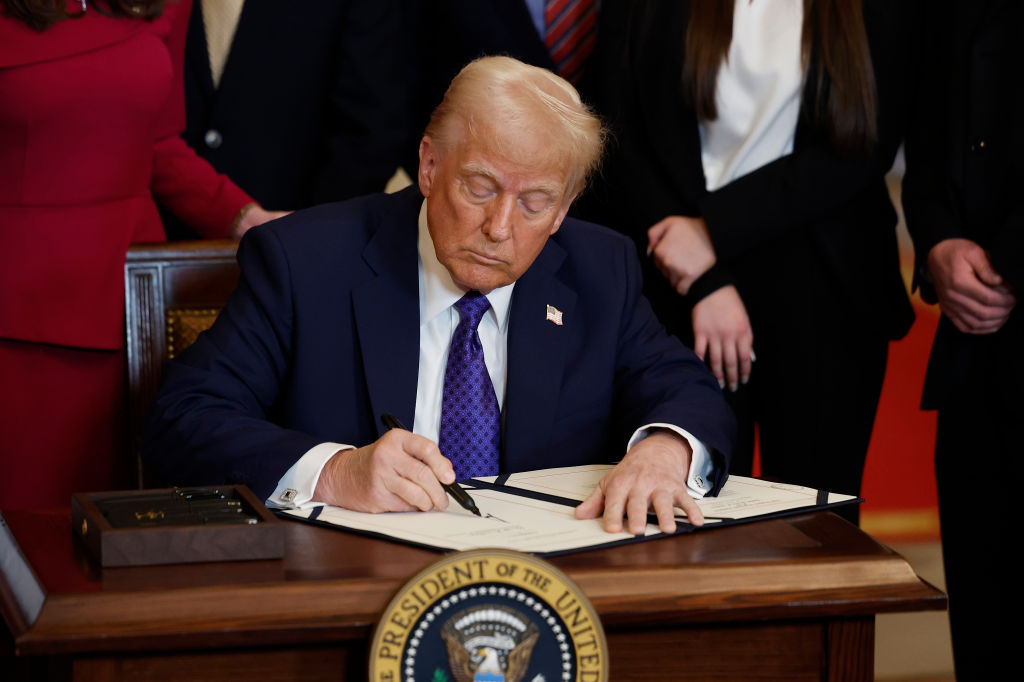How South Koreans became 'younger' overnight
Youth, something we have less and less as time goes on. Some people say age is just in the mind, but what is true is that you can't turn back the clock. Unless, of course, you live in South Korea.
No, South Koreans didn't discover the fountain of youth or developed a new rejuvenating technology. It's far more mundane: the South Korean government has decided to abandon the traditional age counting system, taking off a year or even to for every citizen.
The age counting switch occurred on June 28, 2023, making the entire population of South Korea younger overnight. However, how different was this system than the one we use in the West?
In the Korean traditional system, a newborn was automatically one year old at the moment of birth. This was common in most East Asian societies in the past.
The Korean age, also known as “hanguk-nai”, was based on a lunar calendar and counted the months spent in the mother's womb.
Image: Alicia Petresc / Unsplash
Contrary to Western countries, South Korea and many Asian cultures traditionally added up years on the first day of the calendar, instead of a person's birthday.
For example, on the traditional Korean age counting system, a baby born on December 30, 2022, would be technically two years old by January 1, 2022, despite being two days old! Quite a difference!
Before the system switch, the Korean traditional age was used in very specific social and cultural contexts. When introducing yourself to strangers, for example.
However, it was also used for government purposes. For instance, the education system, demographic statistics and even for the military system, which is compulsory in South Korea for all men between the ages of 18 and 30.
Image: Changbok Ko / Unsplash
However, the Western-style age counting system was used in some contexts. On international official documents, for example, or in professional settings such as in contracts and legal transactions.
As the BBC reports, President Yoon Suk-Yeol (pictured) campaigned to overturn the traditional system when he ran for office in 2022. According to him, the old system created “unnecessary social and economic costs”.
Several lawmakers had pointed out the confusion caused by the Korean age system in society, both abroad and on national territory. In the medical field, for example, the western-style age count had been recommended since the 1960s, while the Korean age was used at school.
According to AFP, this confusion between Western-style age and Korean age was shown during the Covid-19 pandemic. There was conflict reported in vaccination centers over who was really eligible for vaccines.
Many mothers have complained on social media about the traditional Korean age system. Some even claimed to try to delay their pregnancy to not give birth at the end of the year.
According to them, this creates disadvantages for the children. For example, a child might end up with kids who are older and more developed, both physically and mentally, despite being technically the same age.
Image: Hisu lee / Unsplash
On December 8, 2022, the South Korean National Assembly passed a reform on the country's age system. This law aims to “resolve the social confusion caused by the use of various age calculations and the resulting side effects”, declared a statement from the Assembly.
“We expect the legal disputes, complaints, and social confusion that have been caused by our way of calculating age to be greatly reduced,” said minister in charge of government reform, Lee Wan-kyu (photo), at a press conference.
The South Korean Minister explained how to convert your age from the old system to the new: “Subtract your year of birth from the current year. If your birthday hasn't passed, then subtract one more”.
According to a poll conducted by the local company Hankook Research in January 2022, 3 out of 4 South Koreans were in favor of this reform.
“It feels good because for people like me, who are supposed to be 60 next year, you still feel young!” exclaimed a woman in the streets of Seoul to the Agence France-Presse.
Picture: Daniel Bernard / Unsplash
Another passer-by confide APF her joy: “I was supposed to be 30 next year, but with the new system, I'm two years younger, it's just a great feeling. I'm going to be able to celebrate my birthday again.”
Image: Robert Anderson / Unsplash
South Korea was the last country in East Asia to count months spent in utero to determine an individual's age. Japan, China, and even North Korea abandoned this system a long time ago.
More for you
Top Stories



































